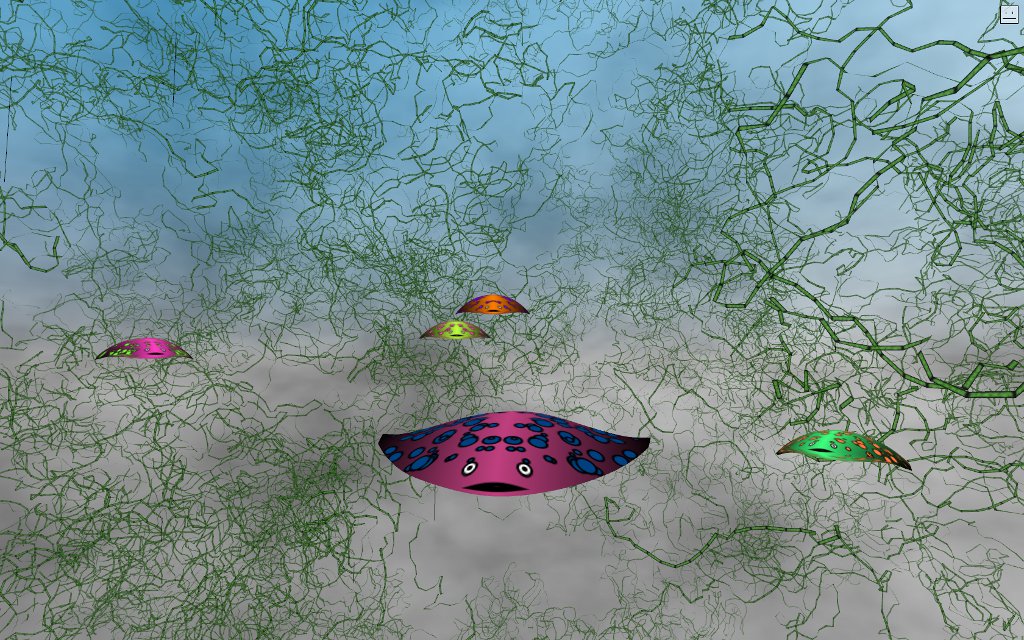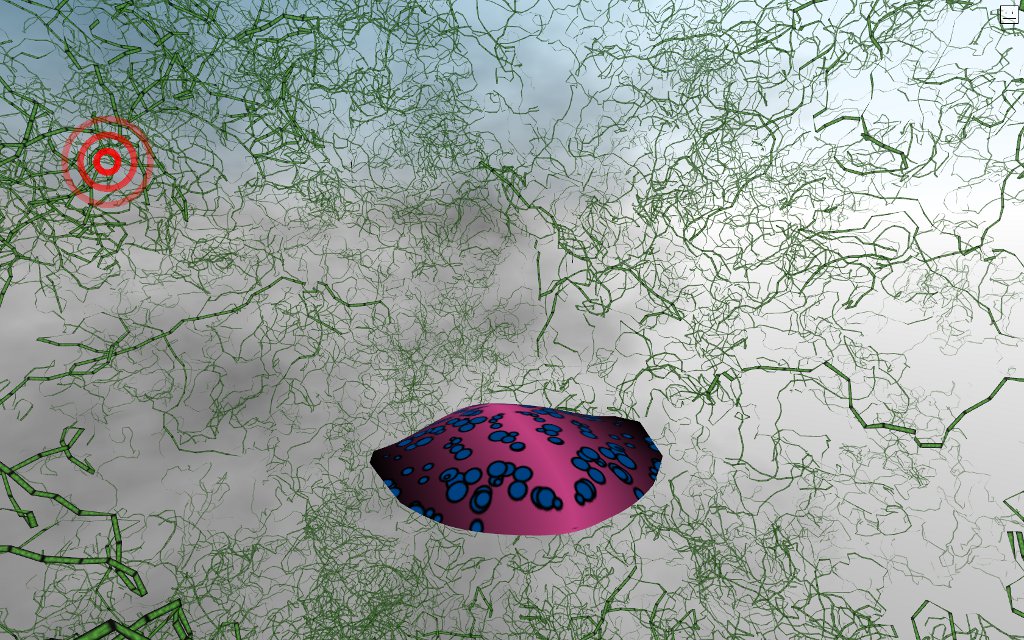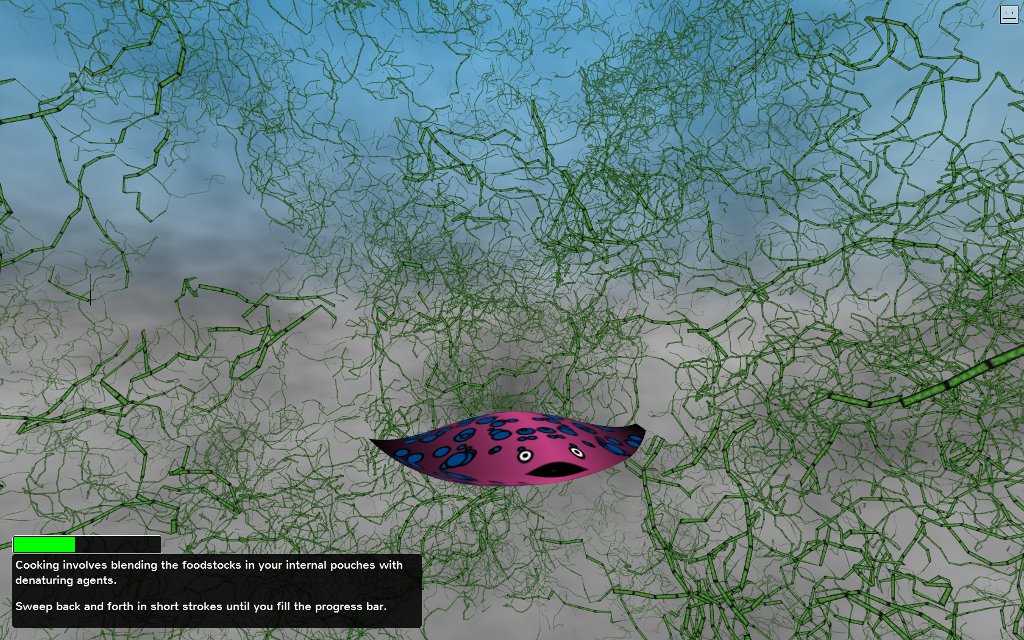The locked door problem is driving me crazy.
It’s been said specifically about Half-Life, but applies to many other games, that a player winds up having to travel through miles of monster-infested corridors just to get to the other side of a locked door. Concerned made good use of this trope: you’ve got a crowbar, a pistol, a machine gun, a rocket launcher, and you can’t get through a locked door? Hell, you’ve got a foot. Door frames aren’t made from adamantium.
Of course, the door can’t be blasted into bits because going down the monster-infested corridors is the point of the game. The locked door enforces the narrative flow.
Another way of enforcing the narrative is to let the player go anywhere they want, but lock them into a sequence of interactions. Bob won’t talk to you until you’ve talked to Amy, and Amy won’t talk to you until you’ve found the broken dish, and the broken dish isn’t even visible until you’ve talked to Steve. Seriously. Like talking to Steve made it just magically appear. Steve is not a fucking wizard, okay? And what’s Amy’s deal, anyway? Why’s she acting like a stuck-up dork? I didn’t break the goddamn dish.
Same problem as the locked door, but in some ways, more frustrating. In the real world, people won’t refuse to talk to you just because you’re missing an item of crockery, and things certainly don’t just appear out of thin air because it’s the “right time”.
There is a third option: the out-of-order narrative. Let the player go anywhere and do anything, and let a narrative assemble itself from these interactions. No plan, no flow. It’s the mode of play that most resembles real life, but oddly enough, it’s used the least. Wander around a city sometime looking at random things, and talking to random people, and see how much of a story you can put together. Human beings don’t find this sort of thing very satisfying. We need to see the arrows: this happened because of that.
The reason I’m obsessing about this right now? I’m writing the narrative for a new game, with as much detail and thoroughness as possible up front, and I’m getting angry over how much work I’m going to have to do to keep the bits of narrative from bumping into each other. Like, okay, there’s a corridor over here that holds plot point 1A, and the room over here holds plot point 1B. There is no earthly reason why you can’t go to 1B if you haven’t gone to 1A yet. And yet, to maintain a linear narrative, I have to put a locked door in front of 1B (that magically unlocks once you’ve dealt with 1A) or take 1B right out of the game (and have it appear, mirable dictu, just when you need it).
Or I let players visit 1B before 1A, and the game makes no sense half the time.
Most successful game designers just pick one and get on with it. I’m not there yet so I have to rant a bit. It strikes me that the problem arises from wanting a game to work like a story and like real life. This is something that writers deal with all the time. You can make a story realistic or you can make it interesting. Even gritty cop shows have to use dramatic conventions to keep viewers from tuning out. Every reality show involves some degree of editing to cut out the dull bits, or even to synthesize conflict out of random bits of tape.
I haven’t found the right compromise. Still looking.
Also: Darien Acosta of webgl.com has written some very kind things about Gas Food Lodging. Bookmark that site.



